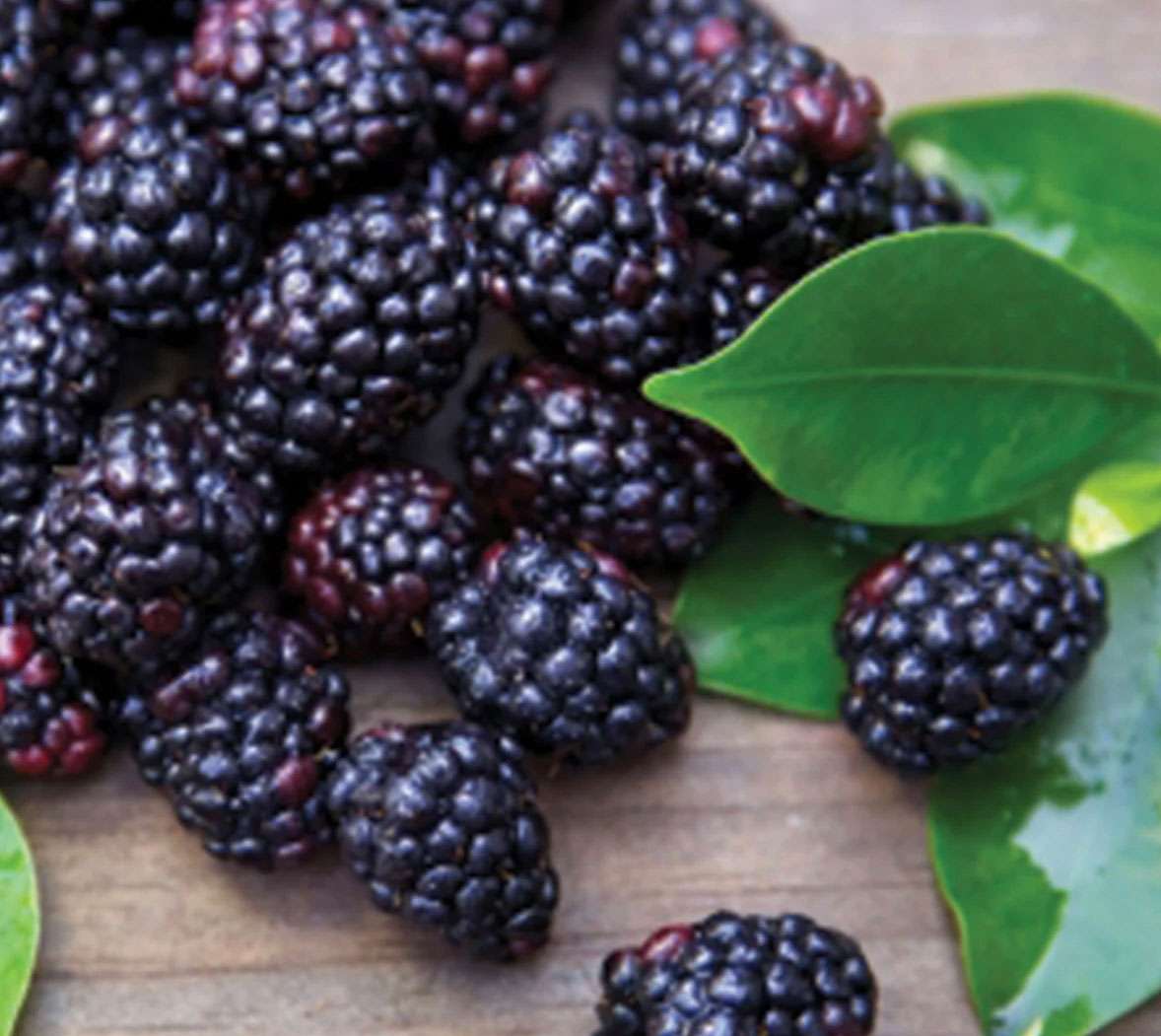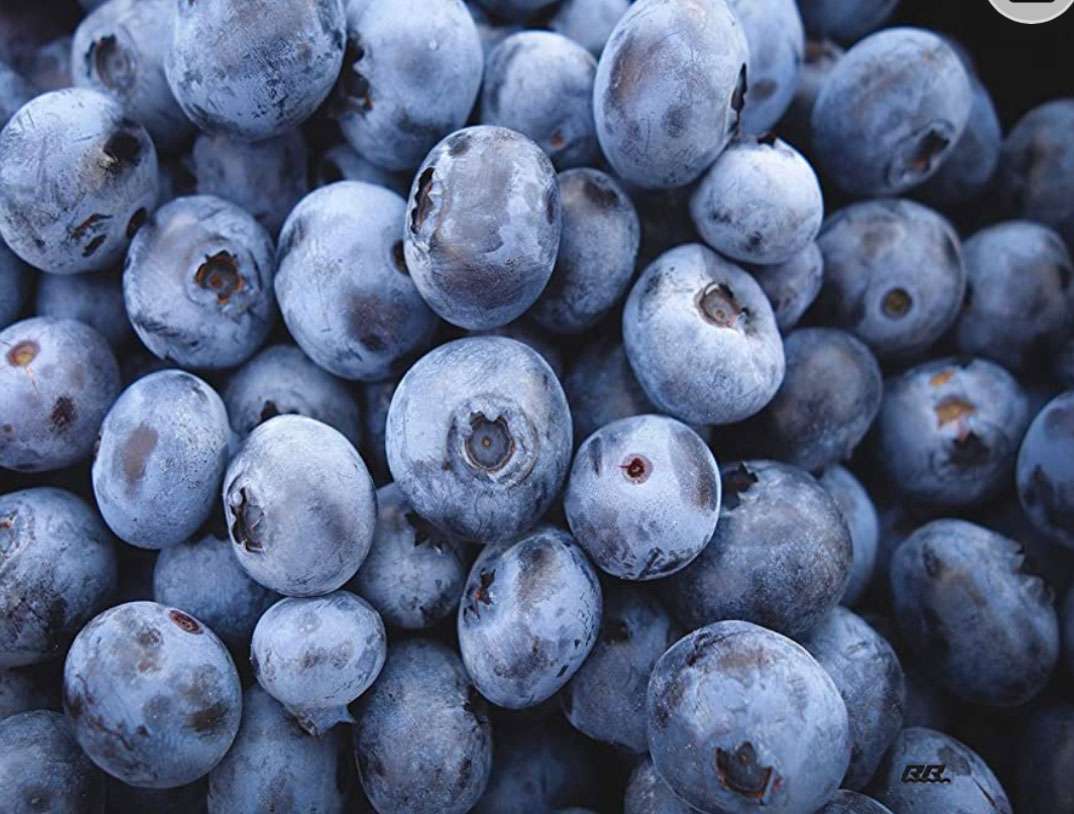
Groundbreaking new study suggests: The “CURE” for Alzheimer’s Disease may be as close as your grocery store’s PRODUCE section
Posted on April 12, 2023 by Great Florida HomesBy Mindi Rudan
Alzheimer’s disease is something many of us barely give a thought to until we begin to age or had a loved one stricken.
Growing up it really wasn’t something I heard much about. Occasionally you’d hear the word “senile,” to lump a bunch of symptoms that seemed to relate to older people who became forgetful, then seemed to be disoriented and disconnected.
But Alzheimer’s disease (named after Dr. Alois Alzheimer who in 1906, noticed changes in the brain tissue of a woman who had died of an unusual mental illness. Her symptoms included memory loss, language problems, and unpredictable behavior), today Alzheimer’s Disease is the terrifying moniker of what can loosely be called an epidemic.
Scientifically speaking, Alzheimer’s Disease is a brain disorder that slowly destroys memory and thinking skills, and eventually, the ability to carry out the simplest tasks. In most people with Alzheimer’s, symptoms first appear later in life. Estimates vary, but experts suggest that more than 6 million Americans, mostly age 65 or older, may have dementia caused by Alzheimer’s in 2023 and it’s currently ranked as the seventh leading cause of death in the United States and the most common cause of dementia among older adults.
The statistic are staggering and sobering.
 Dementia is the loss of cognitive functioning — thinking, remembering, and reasoning — and behavioral abilities to such an extent that it interferes with a person’s daily life and activities. Dementia ranges in severity from the mildest stage, when it’s just beginning to affect a person’s functioning, to the most severe stage, when a person must depend completely on others for help with even the basic activities of daily living.
Dementia is the loss of cognitive functioning — thinking, remembering, and reasoning — and behavioral abilities to such an extent that it interferes with a person’s daily life and activities. Dementia ranges in severity from the mildest stage, when it’s just beginning to affect a person’s functioning, to the most severe stage, when a person must depend completely on others for help with even the basic activities of daily living.
While there is no known cure to date, some promising drugs have shown help in slowing progression. And while the world prays a cure is found looking to drug makers for respite, a groundbreaking new study released just this past March 8 puts the ball for slowing and quite possibly eradicating the disease squarely in our hands … NOT the pharmaceutical companies.
Oh, no wait, is this another story singing the nutritional praises of healthy eating? Well yes, and no. If Alzheimer’s runs in your family or like me you simply dread it, NO ONE’S gonna have to be singing to you after you read this.
While many would like a preventative medication they can pop and forget, this study shows: you may not need one if you follow these basic diets—and while that’s great news perhaps to stem this tidal wave of dementia, the double edge sword is that it puts the responsibility squarely on us. By eating better, we can possibly prevent what once was thought unpreventable! Pretty much proving the incredibly powerful connection between what you eat, what you don’t and the effect that has on your predisposition to THIS dreaded disease in particular.
According to what many are calling a groundbreaking new study published in the March 8, 2023, online issue of Neurology, the medical journal of the American Academy of Neurology: people who eat diets rich in green leafy vegetables as well as other vegetables, fruits, specifically dark berries, whole grains, olive oil, beans, nuts and fish may have fewer amyloid plaques and tau tangles in their brain—the hallmark signs of Alzheimer’s disease—than people who do not consume these foods.
Ok why is that groundbreaking? Loosely defined, the study showed a DIRECT link to compounds in these fruits and vegetables that seem to prevent the plaques and tau tangled thought to CAUSE Alzheimer’s.

In fact, people who most closely followed either the “MIND DIET” or the “MEDITERRANEAN DIET”— had “almost 40% lower odds” of having enough plaques and tangles in brain tissue to actually be diagnosed with Alzheimer’s, according to the study. Wait, what?
Yes this study just SAID what was thought unthinkable: ALZHEIMERS MAY BE SOMEWHAT PREVENTABLE!
“People who scored highest for adhering to the Mediterranean diet had average plaque and tangle amounts in their brains similar to being 18 years younger than people who scored lowest,” according to a statement on the study.
Ok, again, all together now: WAIT WHAT?? BRAINS UP TO 18 years YOUNGER by incorporating this way of eating into your life??
“Researchers also found people who scored highest for adhering to the MIND diet had average plaque and tangle amounts similar to being 12 years younger than those who scored lowest.”
That’s not all. Adding just one food category from either diet — such as eating recommended amounts of vegetables or fruits — reduced amyloid buildup in the brain to a level similar to being about four years younger, the study said.
“Doing a simple dietary modification, such as adding more greens, berries, whole grains, olive oil and fish, can actually delay your onset of Alzheimer’s disease or reduce your risk of dementia when you’re growing old,” said study author Puja Agarwal, an assistant professor of internal medicine at the Rush University Medical Center in Chicago.
So what that says in a nutshell is: it’s not all or nothing. Even small modifications will help in the aging of your brain. And in crazy man’s terms: if you’re never giving up pizza and birthday cake, just stuff at least 6-7 servings of dark leafy greens and dark berries into your face each week somehow — and just that, in and of itself, can help possibly slow the AGING OF YOUR BRAIN!
And while we’ve heard the benefits of this kind of eating for years, this study seemed to make an undeniable and uplifting connection. A connection that should give those at risk for Alzheimer’s and others, who dread it, (like me!) pause.
Called the MIND diet AND the MEDITERRANEAN diet, the study examined how closely people followed both diets. While similar, the Mediterranean diet recommends vegetables, fruit, and three or more servings of fish per week while the MIND diet prioritizes green leafy vegetables like spinach, kale and collard greens along with other vegetables. The MIND diet also prioritizes berries over other fruit and recommends one or more servings of fish per week. Both the MIND and Mediterranean diets recommend small amounts of wine. (We can live with that!)
“These results are exciting—improvement in people’s diets in just one area—such as eating more than six servings of green leafy vegetables per week, or not eating fried foods—was associated with fewer amyloid plaques in the brain similar to being about four years younger,” said Agarwal. So it isn’t all or nothing. It isn’t you can’t ever have a fried mozzarella stick. It’s a strong enough case for AT LEAST making sure you get the dark green leafy veggies and dark berries into your weekly intake ESPECIALLY if Alzheimer’s is concerning to YOU.

The most benefit is from leafy greens, Agarwal said. However adding more berries, whole grains and other healthy foods recommended by the diets was also beneficial, she said.
“While this study doesn’t definitively prove that it’s possible to completely slow brain aging through dietary choices, the data are compelling enough for me to add green leafy vegetables to most of my meals, and to suggest the Mediterranean-style diet for my patients at risk,” said Alzheimer’s disease researcher Dr. Richard Isaacson, a preventive neurologist at the Institute for Neurodegenerative Diseases of Florida.
And if you need more reason to at least make some diet adjustments, BOTH diets are also heart healthy, reducing the risk for stroke and neurovascular injury AT THE SAME TIME. Apparently what’s good for the brain is ALSO good for your heart.
People who ate greater amounts of pastries, sweets, fried and fast foods had much higher levels of plaques and tangles in their brain tissue, the study found.
Which food was the most helpful in reducing buildup? Green leafy vegetables, which are packed with bioactives, chemicals in foods that reduce inflammation and promote health. Examples of bioactive compounds include vitamins, minerals, flavonoids (antioxidants) carotenoids (pigments in the skin of vegetables).
The brain tissue of people who ate the most leafy greens looked nearly 19 years younger in plaque buildup when compared with those who ate one or fewer servings per week, a statement on the study said.
“The combination of different nutrients and bioactives in green leafy vegetables make them unique,” Agarwal said. “They are very rich in many bioactives, flavonoids and lutein, which is important for brain health.”
There are different hypotheses on why lutein might be helping with the overall integrity of the brain,” she added, “such as reducing oxidative stress and inflammation.”
The most impressive impact of the diets was on beta-amyloid buildup, not tangles, and “the inverse association with beta-amyloid load was stronger for the Mediterranean diet than for the MIND diet,” the study said.
For the Mediterranean diet, there were 11 food categories. Participants were given a score of zero to 55, with higher scores if they adhered to the diet in these categories: whole grain cereals, fruits, vegetables, legumes, olive oil, fish and potatoes. They were given lower scores if they ate red meat, poultry and full-fat dairy products.
For the MIND diet, there were 15 categories. Participants were given a score of zero to 15, with one point each for 10 brain-healthy food groups including green leafy vegetables, other vegetables, nuts, berries, beans, whole grains, fish, poultry, olive oil, and wine. They lost a point if they ate foods more than recommended in five unhealthy food groups, including red meats, butter and margarine, cheese, pastries and sweets, and fried and fast food.

And at the risk of repetition: when looking at single diet components, researchers found people who ate the highest amounts of green leafy vegetables, or seven or more servings per week, had plaque amounts in their brains corresponding to being almost 19 years younger than people who ate the fewest, with one or fewer servings per week. So, even if you are a die hard junk food junkie, that alone has got to give you pause. Maybe not life changing pause if you’re in your 20s, but if you’re reading this and are 40+?? GAME CHANGER!!!
“Our finding that eating more green leafy vegetables is in itself associated with fewer signs of Alzheimer’s disease in the brain is intriguing enough for people to consider adding more of these vegetables to their diet,” said Agarwal.
“We still need to really tease apart what exactly is happening,” she said. “But overall, these diets are rich in the essential nutrients and bioactives which reduce overall inflammation and oxidative stress in the brain and probably leading up to less accumulation of amyloid plaques and tangles.”
So, the bottom-line is, this study IS groundbreaking, eye-opening and at a minimum, thought provoking. It may well be the beginnings of unraveling the Alzheimer’s epidemic mystery and help save millions more who will be stricken and their families who suffer right along with them.
So whether you make a complete lifestyle change and closely follow either of these diets or you simply find a way to eat seven servings of dark green leafy veggies weekly (adding in dark berries for good measure), this study is compelling enough to deserve your attention. There may never be a pill, but prevention may be as close as the produce department in your local grocery store.
Mindi Rudan is a writer, founder and former publisher of PARKLAND / CORAL SPRINGS Life, Coconut Creek Life and BOCA Delray Life magazines, a pet mom, event planner and now crazy wreath maker. You can follow her on FB https://www.facebook.com/mindi.rudan?mibextid=LQQJ4d.



